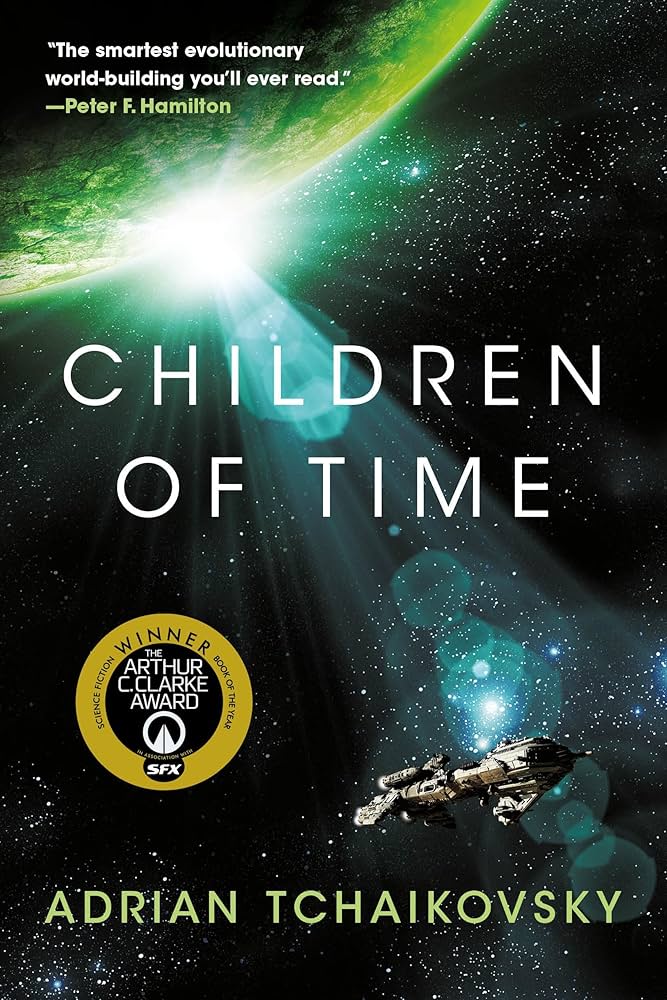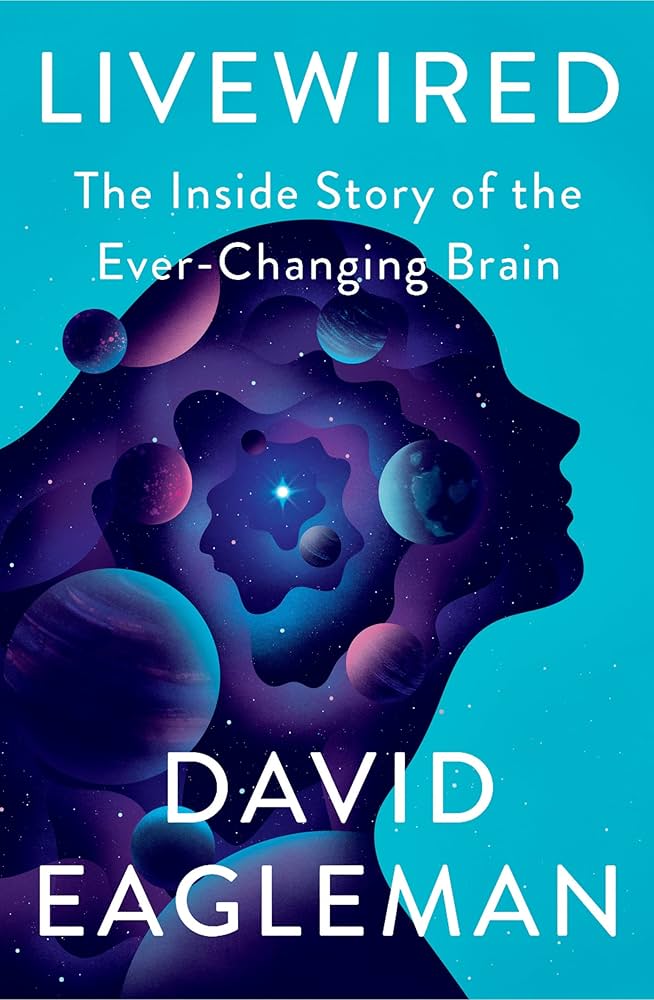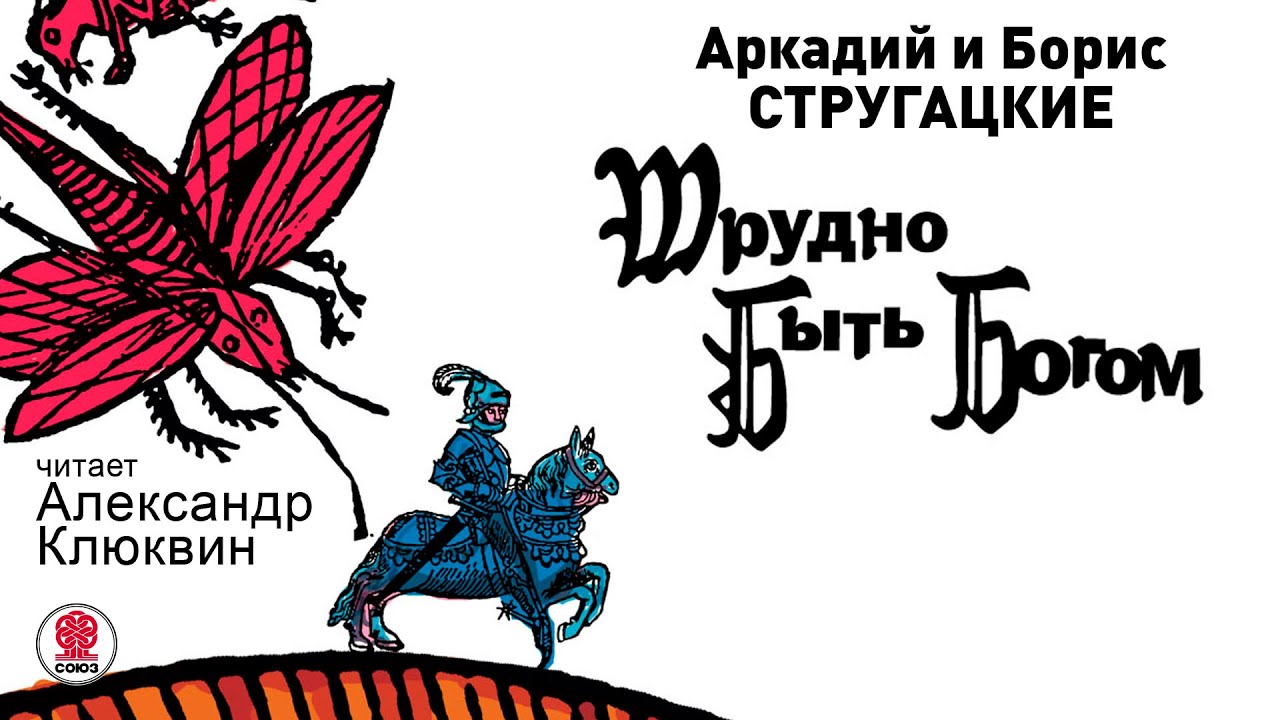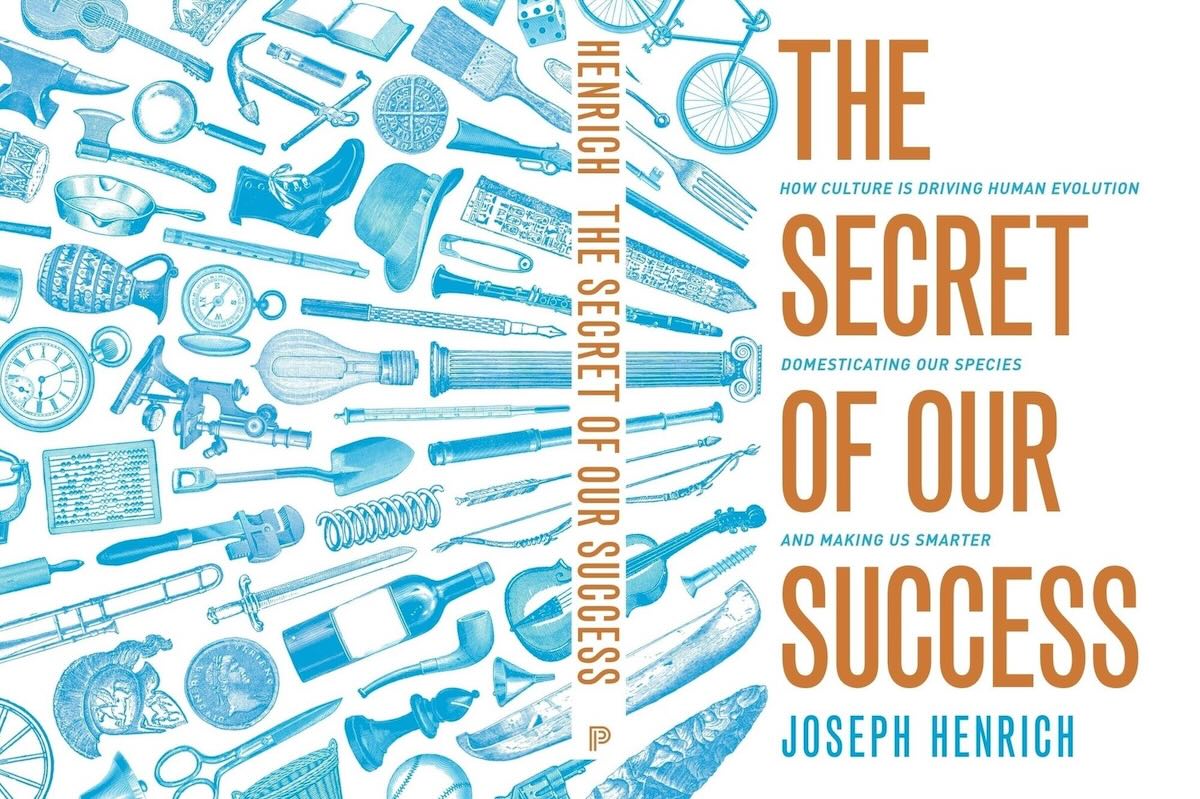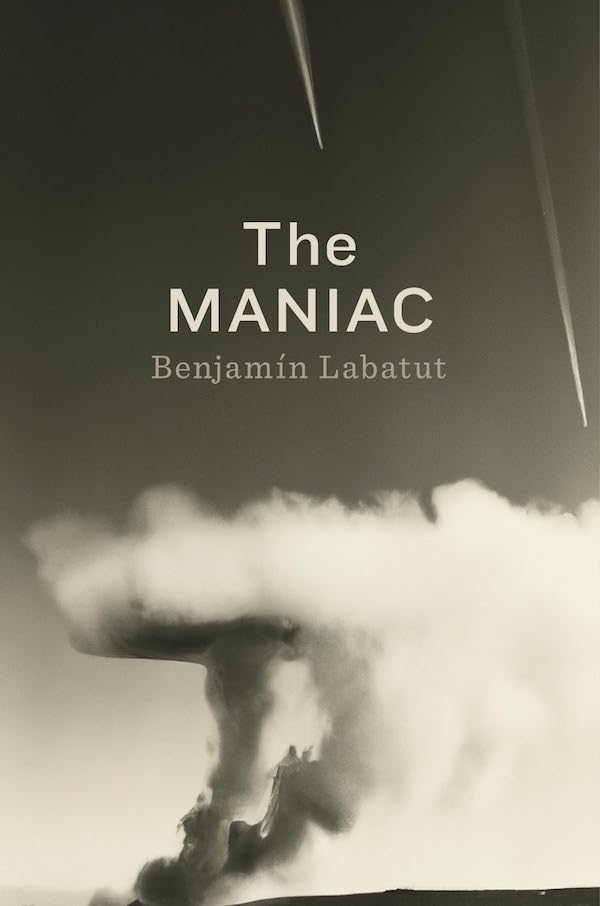Alloy: a local-first AI workbench
AI model vendors usually ship their own desktop apps, and aside from coding agents, these tend to be the ways in which I interface with AIs the most. But these apps are sticky by design: each vendor wants you to stay with them and continue to use them. As a result, I tend to have very lumpy usage patterns, focusing on one model at a time to the detriment of the others. This leads to an incomplete understanding of the ever-shifting AI landscape, with models constantly leapfrogging one another on the leaderboards.
To remedy this, I built my own web-based desktop app which is model agnostic. Beyond easy access to Gemini, Grok, Claude, and GPT, I had a few additional goals in mind:
- Local-first: all conversations are stored as plaintext
- Build an orchestrator to gain intuition around agents, tools, skills, etc,
- Play around with new interaction patterns beyond the usual chat-and-wait
The result of this is Alloy, which I began in December and have used daily since then. With it, I've been able to more easily see how good each model is at using tools, agent skills, etc. Alloy also serves as a personal playground for experimenting with new interaction patterns: freewriting with a quiet AI collaborator, delegating to sub-agents mid-conversation, and setting up triggers that monitor the world on your behalf.



